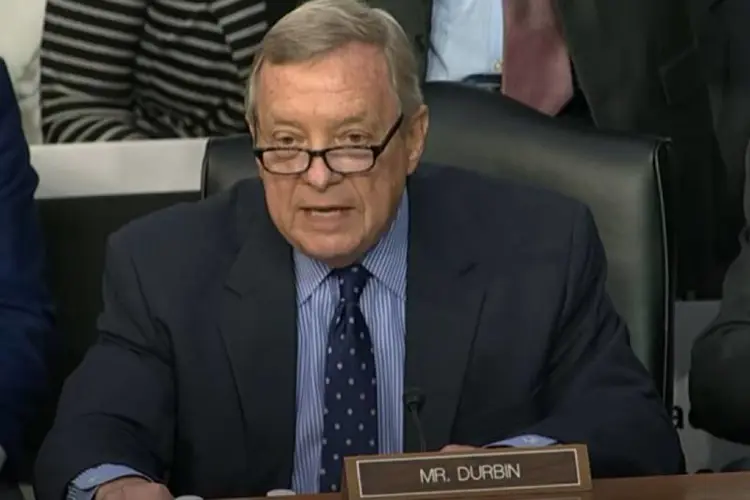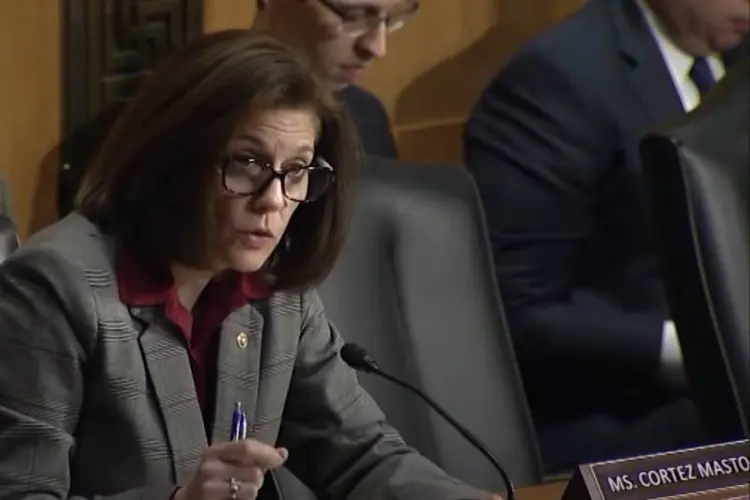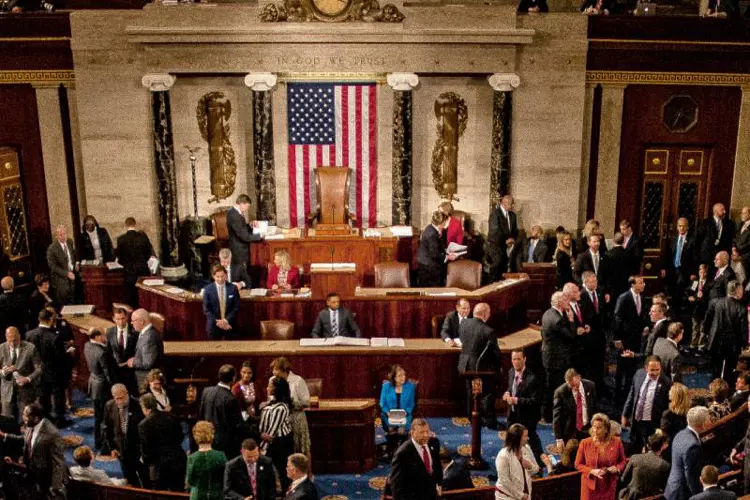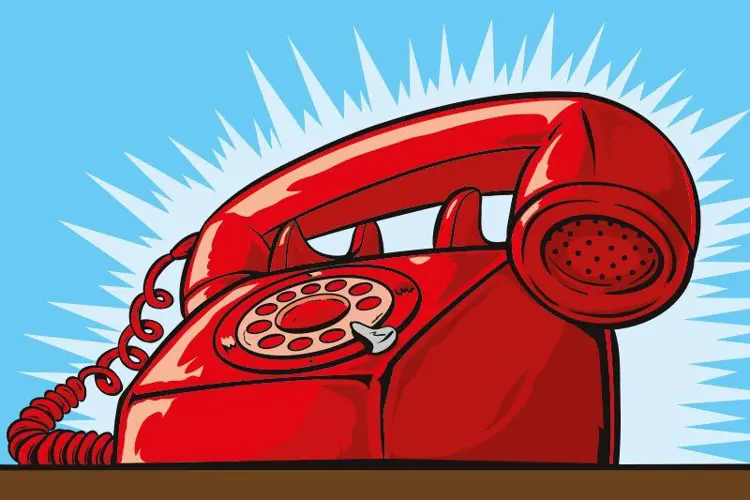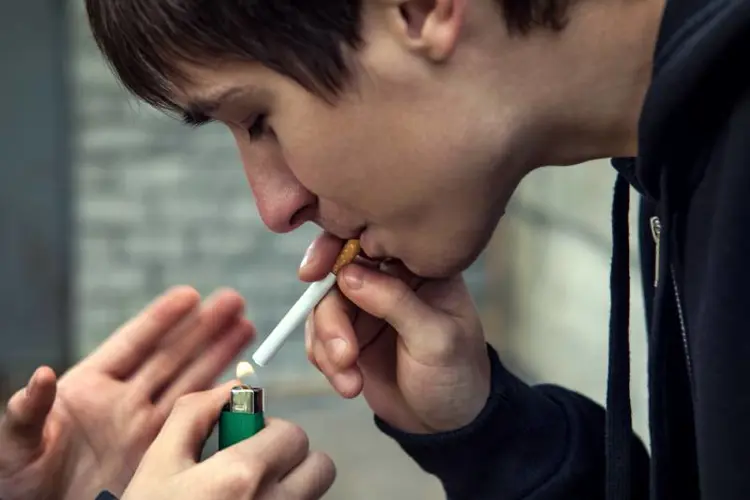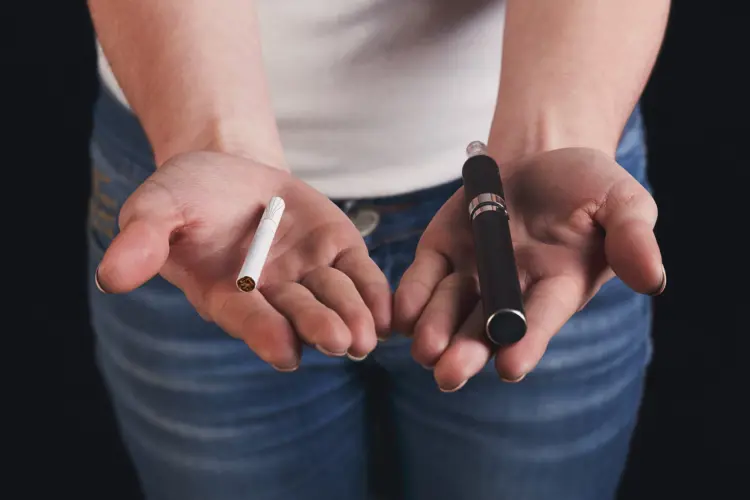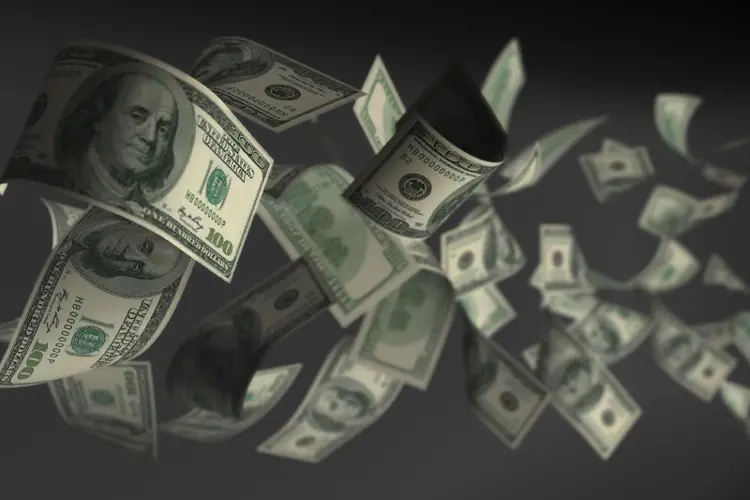A new bill, introduced in both houses of Congress, would impose the first federal tax on vaping products and nicotine pouches. The bill’s authors say it is intended to harmonize the tax rate on all consumer nicotine products based on their nicotine content, but in reality it would make vaping more expensive than smoking cigarettes.
Thirty-three states and federal territories currently have some kind of vape tax, and many have taxes on nicotine pouches. But there is currently no federal tax on tobacco-free nicotine products like vapes.
If passed, the Tobacco Tax Equity Act would add a federal tax of $100.66 per 1,810 milligrams of nicotine to all tobacco-free nicotine products. That's about 5.5 cents per milligram of nicotine. A consumer who vapes 50 mg/mL nicotine salt e-liquid would pay an extra $2.75 per mL of juice, or $82.50 for a 30 mL bottle—on top of the normal product price and any state or local taxes.
The selling price of a 60 mL bottle of 12 mg/mL e-liquid would increase by about $40, and the law would add about $14 to the price of a 5 mL disposable vape. It would tax a single JUUL pod at a higher rate than a pack of cigarettes ($2.25 vs $2.00), and a package of 20 nicotine pouches would cost an additional $2.00. For DIY vape juice makers, a one-liter bottle of 100 mg/mL nicotine would be taxed at more than $5,000!
The Consumer Advocates for Smoke-free Alternatives Association (CASAA) has issued a nationwide call to action, encouraging vapers and other nicotine consumers to contact their members of Congress to express opposition to the outrageous new tax proposal.
For DIY vape juice makers, a one-liter bottle of 100 mg/mL nicotine would be taxed at more than $5,000.
The Senate bill is S 2929, introduced by Illinois Democrat Dick Durbin—a longtime vaping foe—and co-sponsored by eight other Senate Democrats. The House version, HR 5715, was introduced by Illinois Representative Raja Krishnamoorthi, also a Democrat who has been involved in many anti-vaping legislative efforts. Both bills were introduced Sept. 26.
A few days earlier, Durbin introduced the CARE for Moms Act, which also includes the new vape and tobacco tax proposals. Durbin, however, didn’t mention the taxes in his press statements about the CARE for Moms Act.
Durbin has proposed many similar “tax equity” bills in previous Congressional sessions. Two years ago, the language from his Tobacco Tax Equity Act of 2021 was included in the Democrats’ year-end spending bill until it was removed with days to spare by Nevada Democratic Sen. Catherine Cortez Masto.
The Tobacco Tax Equity Act of 2023 would also double the federal tax on cigarettes, roll-your-own tobacco and small cigars, and increase the tax rates on moist snuff and pipe tobacco by as much as 2,000 percent. Moist snuff is demonstrably safer than any form of combusted tobacco.
In a press release touting the new bill, the authors bragged that the legislation is endorsed by the Campaign for Tobacco-Free Kids, American Lung Association, American Heart Association, the American Public Health Association, American Academy of Pediatrics, Trust for America’s Health, and National Association of County and City Health Officials.
The Freemax REXA PRO and REXA SMART are highly advanced pod vapes, offering seemingly endless features, beautiful touchscreens, and new DUOMAX pods.
The OXVA XLIM Pro 2 DNA is powered by a custom-made Evolv DNA chipset, offering a Replay function and dry hit protection. Read our review to find out more.
The SKE Bar is a 2 mL replaceable pod vape with a 500 mAh battery, a 1.2-ohm mesh coil, and 35 flavors to choose from in 2% nicotine.
Because of declining cigarette sales, state governments in the U.S. and countries around the world are looking to vapor products as a new source of tax revenue.
The legal age to buy e-cigarettes and other vaping products varies around the world. The United States recently changed the legal minimum sales age to 21.
A list of vaping product flavor bans and online sales bans in the United States, and sales and possession bans in other countries.









